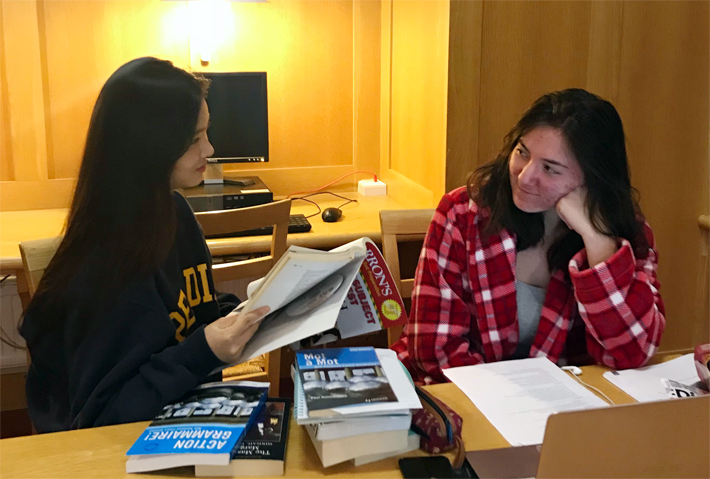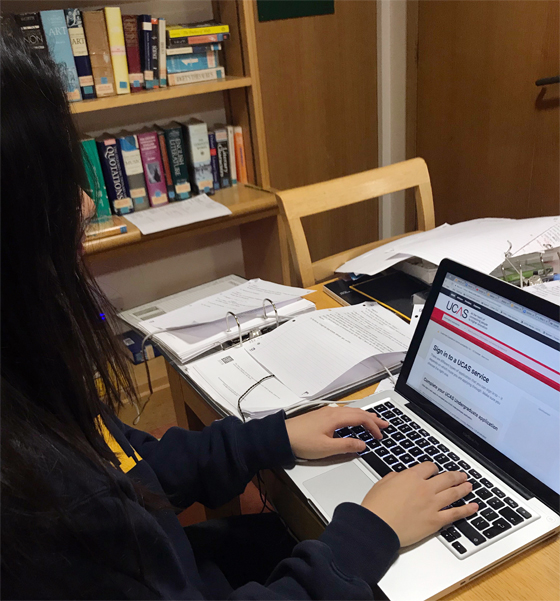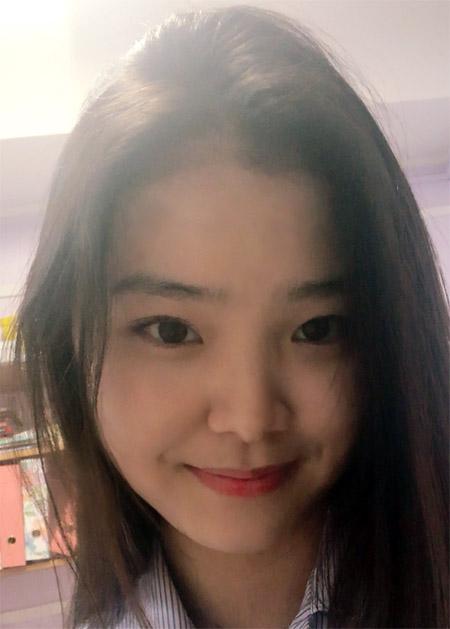According to the Guardian, in 2016, 580,000 female and male students applied to university in the United Kingdom. This is a record number of applicants in the history of British education, underscoring the students’ growing desire to pursue higher education. As the statistics are suggesting a continuous increase in the number of students who are seeking university education, it is reasonable to say that this year’s statistics will show an even larger number of applicants. This leads to a larger and more competitive pool of applicants, which subsequently result to well-structured and thorough university admissions preparation in secondary schools.
It is extremely interesting that there are varying perspectives on the increasing preference to study STEM subjects at university among students. Emma Bagnall, who is a current year 13 (equivalent to senior year at high school) argued that this increase is due to “the prioritization of certain subjects (STEM) in the education sector of the government, leading to increased funding for them at the expense of creative subjects such as humanities.” Another student, Issy Choi, commented, “students want jobs, and what studying maths and sciences offers to the society right now are job opportunities. The current society wants engineers and scientists who can come up with innovative ideas and inventions that will benefit us.” What was extremely fascinating was that both students are planning on pursuing humanities and arts subjects at university, yet acknowledge the importance of STEM. As argued by both Emma and Issy, we are currently living in a world where higher social powers are perpetuating a rise in sciences and maths education, almost unwittingly leading the students to pursue these academic fields by prioritizing ‘practical’ over ‘ideal’.

The British university application process itself is also fascinating. In contrast to the American system that you may be familiar with- students generally have to write a common application and write supplemental essays for colleges that require them- the UCAS (Universities and Colleges Admissions Service) system is employed by British secondary schools. This system requires the students to write a ‘personal statement’ solely based on academic interests and achievements, which contrast with the common application which is much more personal. In addition to this distinctive factor, British university applicants do not have to write additional essays for each university they apply for; this differs from the way American universities want various essays and paragraphs specifically designated to each of them. This, on the one hand, makes the application process much more convenient to the British students; they only have to focus on academics, and do not have to worry about what each university wants from them. However, it also makes the applications much less personally revelatory and one-dimensional, motivating the students to only become academically focused rather than actively involved in extracurricular activities for a healthy balance. Jacqueline Lee provided a different insight on this over-academically focused aspect of UK higher education, arguing that ‘the British universities’ focus on academic strengths of the students is, to a large extent, valid. Students ultimately enter an educational institution to learn and develop their academic passion. Also, universities such as Oxford and Cambridge conduct interviews with their applicants, so the issue that personal statements which are solely academic may bring can be alleviated by the interviews, where the professors and admissions faculty actually get to meet their applicants.’

By exploring the different opinions on the British higher level education and its admissions process, as well as the applicant's’ preference for certain majors, it is clear to us that a balance is necessary when participating in extracurricular activities and entering various academic fields. As early application deadlines are looming, and the Oxbridge applications are due on the 15th of October, this subject of university admissions seems extremely relevant to students.

Sunny Oh
Year 12
Wycombe Abbey School
By Sunny Oh

